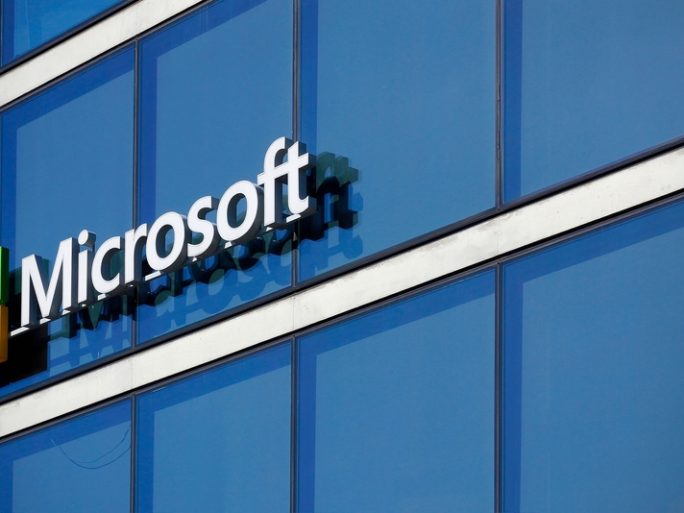Is Microsoft’s Growing Dominance in IT Security Having Consequences?

Microsoft is increasingly taking over the cybersecurity market, putting pressure on smaller competitors, says Dr. Jens Schmidt-Sceery of Pava Partners in an interview.
Microsoft has significantly expanded its presence in cybersecurity in recent years. Is this trend more of an advantage for companies, or does it pose risks?
Dr. Jens Schmidt-Sceery: Microsoft’s consolidation certainly brings efficiency gains. Companies benefit from a centralized platform that simplifies management and monitoring, reduces costs, and minimizes technical risks. This is particularly advantageous for mid-sized businesses, as they don’t have to invest in separate solutions. Microsoft claims its platform can save companies millions over time. However, this dependency also creates risks—such as vulnerabilities or technical disruptions that could have serious consequences. The centralized storage of sensitive data makes Microsoft an especially attractive target for cyberattacks.
Are there examples of how such vulnerabilities have been exploited?
A well-known case is the SolarWinds hack, in which weaknesses in Microsoft products were deliberately targeted. Incidents like these—where flaws in centralized systems are exploited—occur repeatedly. This dependency also complicates compliance with data protection regulations, especially in highly regulated sectors like finance or healthcare.
Is this a particular risk of centralized security platforms?
Yes, in addition to the SolarWinds hack, there have been numerous cases where vulnerabilities in centralized systems have been exploited. Such attacks can compromise massive amounts of data and demonstrate that even highly integrated platforms are not immune to cyber threats.
How is the security market responding to Microsoft’s growing dominance?
Many competitors are choosing specialization over direct confrontation. Companies like CrowdStrike and SentinelOne are developing solutions that address specific vulnerabilities or offer advanced features that complement the Microsoft ecosystem. They focus on areas like identity management and AI-based threat detection and response. This strategy allows them to remain competitive despite Microsoft’s market power.
Do you believe specialized providers can withstand Microsoft’s dominance and survive in the long term?
That’s definitely a major challenge. Microsoft’s market dominance could force smaller providers out, as more companies look to consolidate their security solutions with a single provider for cost reasons. This could limit innovation in the industry over time and make it harder for start-ups to survive. As a result, industry resources may increasingly be funneled into integrating existing technologies rather than developing entirely new approaches—potentially leading to a standardization that slows innovation in the long run.
Microsoft is investing heavily in AI and computing power. How does this affect the competition?
Microsoft’s extensive investment in AI significantly strengthens its position. AI-driven solutions allow threats to be detected and countered more quickly, giving Microsoft a clear edge over competitors that lack similar resources.
Given these developments, how do you assess the future of the cybersecurity industry?
Striking the right balance between consolidation and innovation will be crucial. Microsoft’s approach offers many advantages, but a diverse ecosystem of specialized providers may prove more sustainable in the long run. Microsoft has established itself as a central player and will continue to expand its influence. Still, companies should carefully consider whether to rely entirely on a single platform or to supplement it with specialized solutions—especially in light of the potential risks to competition and innovation.
![]()
is a Partner at Pava Partners, an M&A and debt advisory firm focused on technology-driven and fast-growing mid-sized companies.